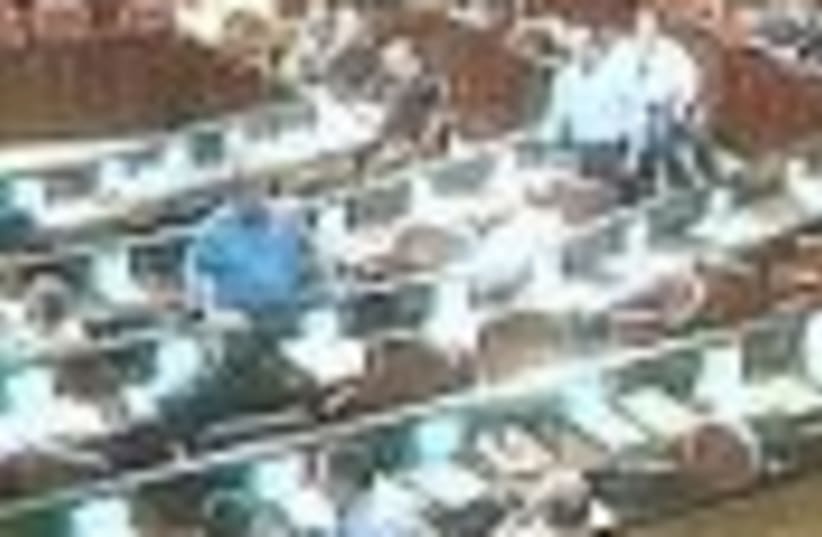| More about: | Benjamin Netanyahu, Yedioth Ahronoth, Ron Ben-Yishai, Moshe Katsav |
Academics wonder: Do PR and advertising distort politics?
New study finds that the current state of politics originated in pre-state period.


| More about: | Benjamin Netanyahu, Yedioth Ahronoth, Ron Ben-Yishai, Moshe Katsav |